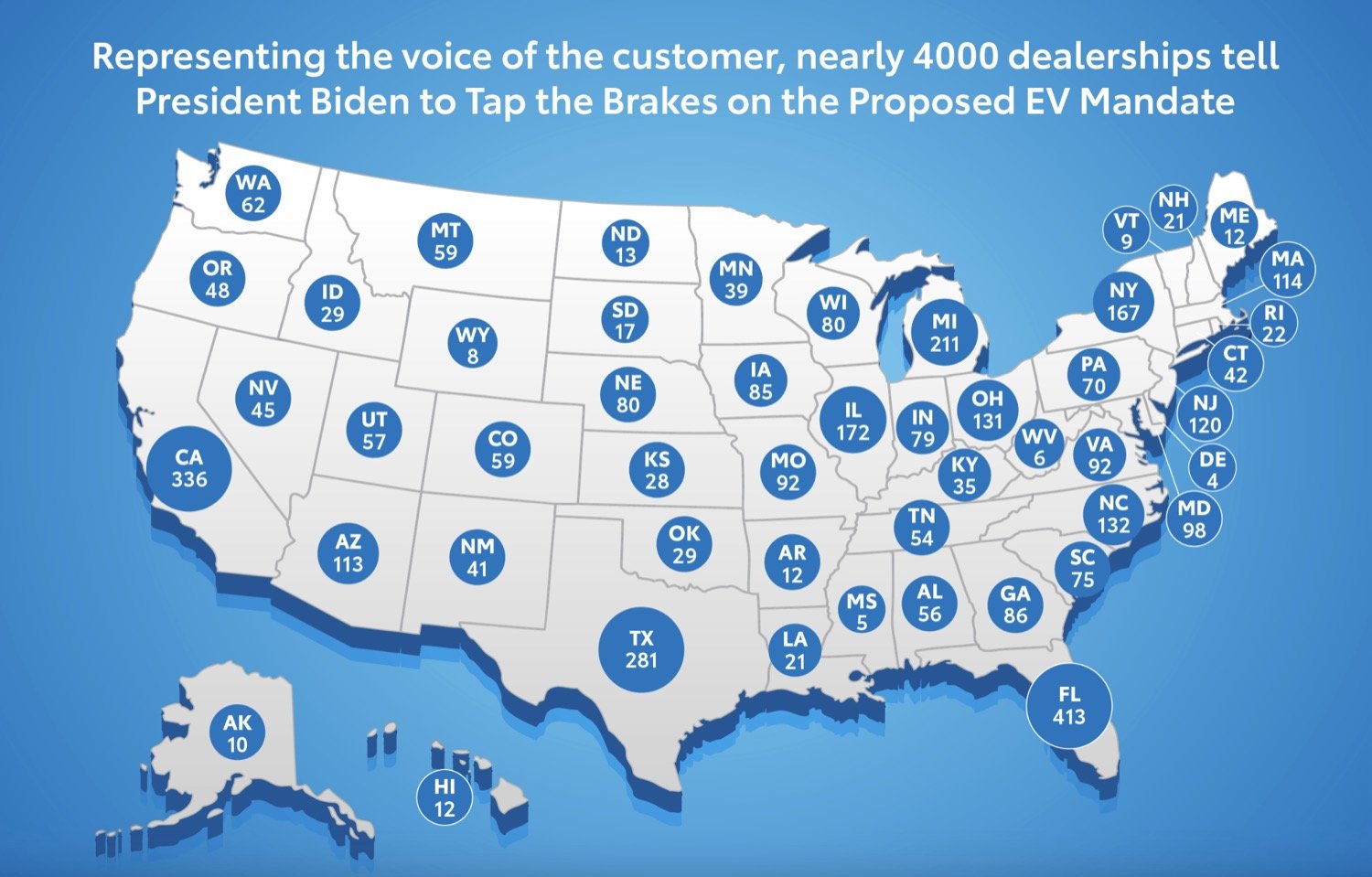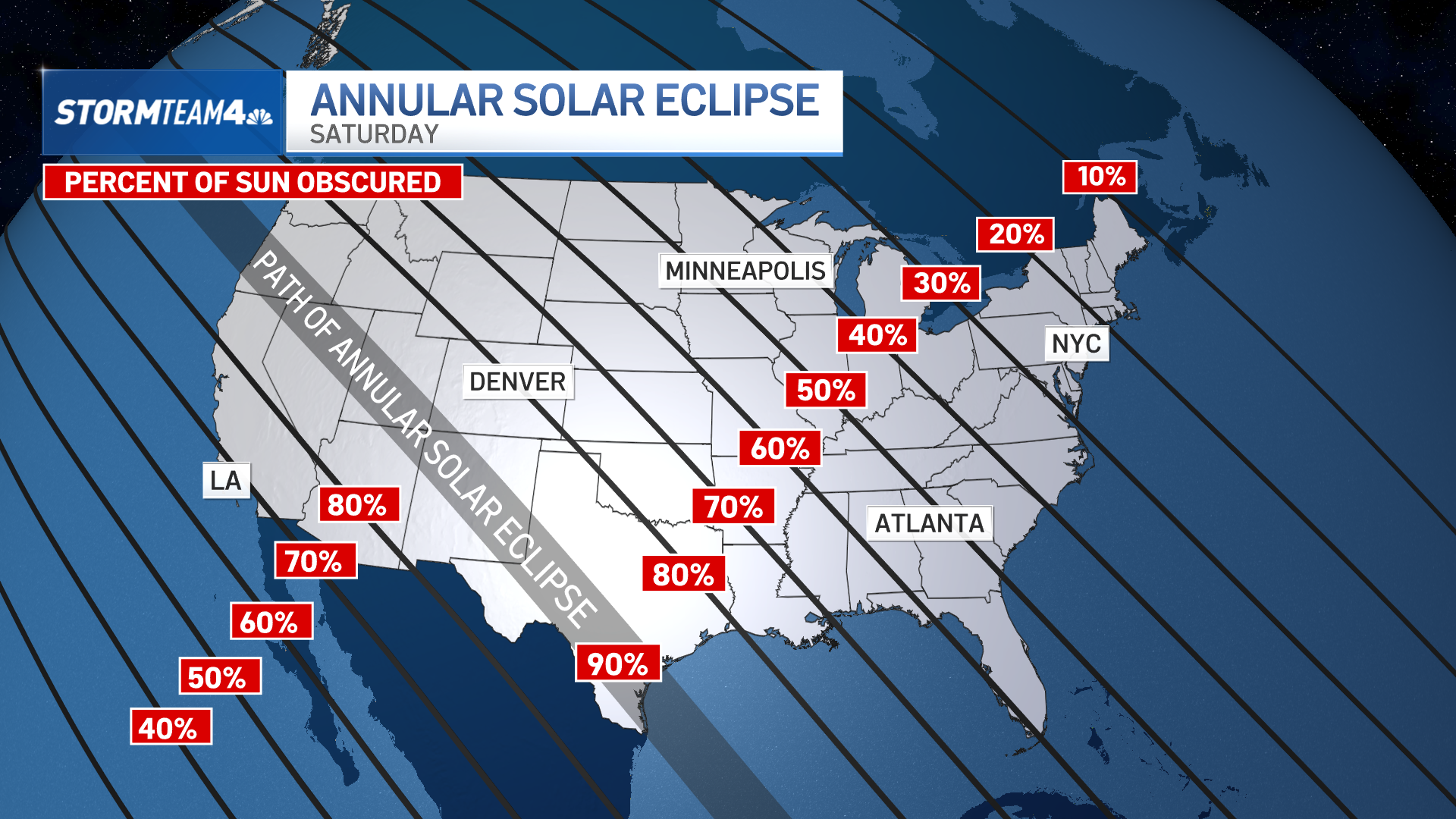Resistance Mounts: Car Dealerships Push Back On EV Mandate

Table of Contents
Financial Hurdles Facing Dealerships in the EV Transition
The transition to electric vehicles presents significant financial challenges for car dealerships. The upfront costs are substantial and far exceed those associated with traditional gasoline-powered vehicles. Dealerships face a triple threat: high inventory costs, the need for extensive charging infrastructure, and the expense of specialized employee training.
-
High initial investment in EV charging stations: Installing and maintaining adequate EV charging infrastructure requires a considerable financial outlay, especially for dealerships needing to upgrade their facilities to accommodate both gasoline and electric vehicles. This is a significant upfront investment with no guaranteed immediate return.
-
Need for specialized EV mechanic training: Repairing and maintaining electric vehicles requires specialized knowledge and training. Dealerships must invest in retraining their existing mechanics and potentially hiring new, specialized personnel, adding to their operational costs.
-
Lower profit margins on EVs compared to ICE vehicles: Currently, profit margins on EVs are often lower than those on internal combustion engine (ICE) vehicles. This decreased profitability, coupled with the high upfront costs of EV infrastructure, creates a challenging financial equation for dealerships.
-
Consumer reluctance towards EVs in certain markets: Consumer adoption of EVs varies greatly by region. In areas with limited charging infrastructure or lingering concerns about range anxiety, consumer demand for EVs might not be sufficient to justify the substantial investment required by dealerships.
The lack of sufficient government support or inadequate incentives exacerbates these difficulties. Many dealerships feel overburdened by the mandate without receiving the necessary financial assistance to make the transition smoothly.
Challenges in Consumer Demand and Market Readiness
While EV sales are growing, consumer demand remains uneven across different regions and demographics. Several factors contribute to this uneven adoption and pose significant challenges to meeting EV mandate targets.
-
Range anxiety remains a significant barrier for many potential EV buyers. The fear of running out of battery charge before reaching a charging station continues to deter many potential EV buyers.
-
Lack of widespread public charging infrastructure in many areas. The absence of a reliable and convenient public charging network significantly limits EV adoption, especially in rural areas or regions with limited charging station availability.
-
Higher purchase price of EVs compared to gasoline vehicles. The higher initial cost of EVs compared to gasoline-powered cars remains a major barrier for many consumers, particularly those on tighter budgets.
-
Limited availability of certain EV models. The supply chain issues and production limitations affecting the EV industry have resulted in limited availability of some popular EV models, impacting consumer choice and overall sales.
These challenges directly impact the feasibility of dealerships meeting the ambitious EV sales targets set by government mandates.
Dealership Concerns Regarding Infrastructure and Support
The lack of adequate government support for EV infrastructure is a major source of frustration for car dealerships. The burden of transitioning to EVs falls disproportionately on dealerships without commensurate government assistance.
-
Insufficient government funding for nationwide EV charging network. The investment needed to create a nationwide, reliable EV charging network is substantial, and current government funding may be insufficient to meet the demand.
-
Lack of clear guidelines and regulations regarding EV infrastructure development. The absence of clear guidelines and regulations regarding EV infrastructure planning, installation, and maintenance creates uncertainty and hinders effective planning for dealerships.
-
Need for more consumer education and awareness campaigns about EVs. Government-led campaigns promoting EV benefits, addressing consumer concerns, and educating the public about the advantages of EV ownership are crucial for driving demand.
-
Difficulty in integrating EV charging infrastructure into existing dealership infrastructure. Integrating EV charging stations into existing dealership infrastructure can be complex and expensive, requiring significant modifications and potentially disrupting existing operations.
Dealerships argue that they are being asked to bear the brunt of the EV transition without adequate support from the government.
Lobbying Efforts and Industry Responses to the EV Mandate
Facing these challenges, dealership associations and industry groups are actively lobbying for changes to, or a modification of, the EV mandates. Their arguments center on the need for more realistic timelines, increased government support, and a more gradual transition.
-
Dealer associations actively lobbying for changes to EV mandates. Organizations representing car dealerships are actively engaging in lobbying efforts, advocating for changes to the EV mandates to make them more feasible and less financially burdensome.
-
Industry-wide discussions on the feasibility and implementation of the mandates. The automotive industry is engaged in ongoing discussions about the practicality and effective implementation of EV mandates.
-
Calls for more realistic timelines and gradual implementation strategies. Dealerships are calling for a more gradual approach to EV adoption, allowing time for infrastructure development, consumer education, and technological advancements.
-
Proposals for alternative solutions to promote EV adoption. Industry groups are proposing alternative strategies for promoting EV adoption, such as focusing on incentives and consumer education rather than solely relying on mandates.
These lobbying efforts demonstrate the significant resistance to the current EV mandate framework and the search for more collaborative and sustainable solutions.
Conclusion: The Future of EV Adoption and the Ongoing Debate
The challenges facing car dealerships in adapting to EV mandates are multifaceted and deeply interconnected. Financial viability, consumer demand, and adequate infrastructure support are all critical factors impacting the success of the EV transition. The current debate highlights the need for a more balanced approach that considers the concerns of all stakeholders. Compromise may be needed, finding a pathway that balances government goals with the financial realities faced by dealerships and the concerns of consumers.
The debate surrounding EV mandates is far from over. Understanding the complexities of EV mandate resistance is crucial for navigating the future of the automotive industry. Join the conversation and share your thoughts on this crucial topic.

Featured Posts
-
 Lizzos Unrecognizable Oscars Appearance A Weight Loss Journey
May 05, 2025
Lizzos Unrecognizable Oscars Appearance A Weight Loss Journey
May 05, 2025 -
 How Norways Top Investor Nicolai Tangen Navigated Trumps Tariffs
May 05, 2025
How Norways Top Investor Nicolai Tangen Navigated Trumps Tariffs
May 05, 2025 -
 Saturdays Partial Solar Eclipse Viewing Times And Tips For Nyc
May 05, 2025
Saturdays Partial Solar Eclipse Viewing Times And Tips For Nyc
May 05, 2025 -
 I Anatreptiki Emfanisi Tis Emma Stooyn Leptomereies Gia To Forema
May 05, 2025
I Anatreptiki Emfanisi Tis Emma Stooyn Leptomereies Gia To Forema
May 05, 2025 -
 Lizzo Compares Britney Spears To Janet Jackson Igniting Online Firestorm
May 05, 2025
Lizzo Compares Britney Spears To Janet Jackson Igniting Online Firestorm
May 05, 2025
Latest Posts
-
 Depraved Paedophile Jailed Joint Police Operation Nets Child Predator
May 05, 2025
Depraved Paedophile Jailed Joint Police Operation Nets Child Predator
May 05, 2025 -
 Hospital Hammer Incident Investigating James Burns Actions In Belfast
May 05, 2025
Hospital Hammer Incident Investigating James Burns Actions In Belfast
May 05, 2025 -
 Oscars 2024 Addressing The Emma Stone And Margaret Qualley Feud Speculation
May 05, 2025
Oscars 2024 Addressing The Emma Stone And Margaret Qualley Feud Speculation
May 05, 2025 -
 James Burns Ex Soldiers Fear And The Belfast Hospital Incident
May 05, 2025
James Burns Ex Soldiers Fear And The Belfast Hospital Incident
May 05, 2025 -
 Murder Charge Filed Against Stepfather Accused Of Torturing And Starving 16 Year Old Stepson
May 05, 2025
Murder Charge Filed Against Stepfather Accused Of Torturing And Starving 16 Year Old Stepson
May 05, 2025
